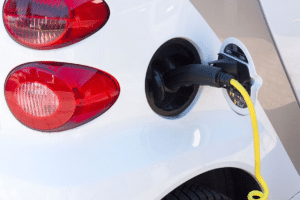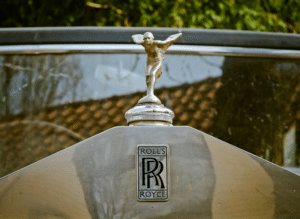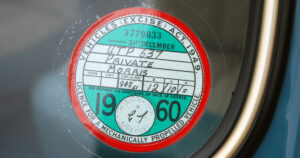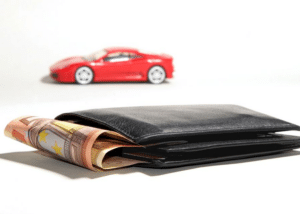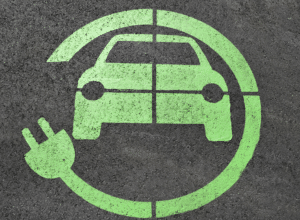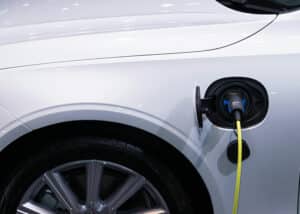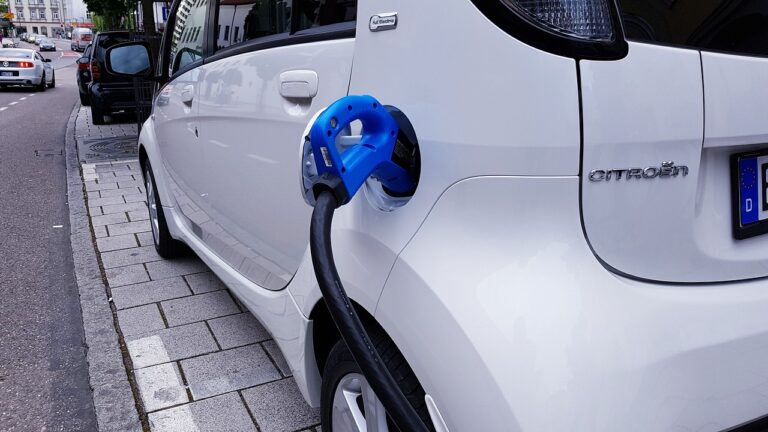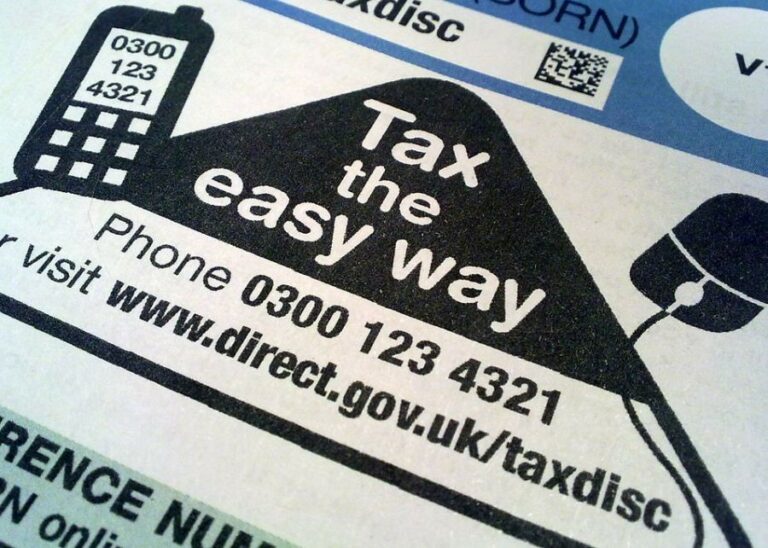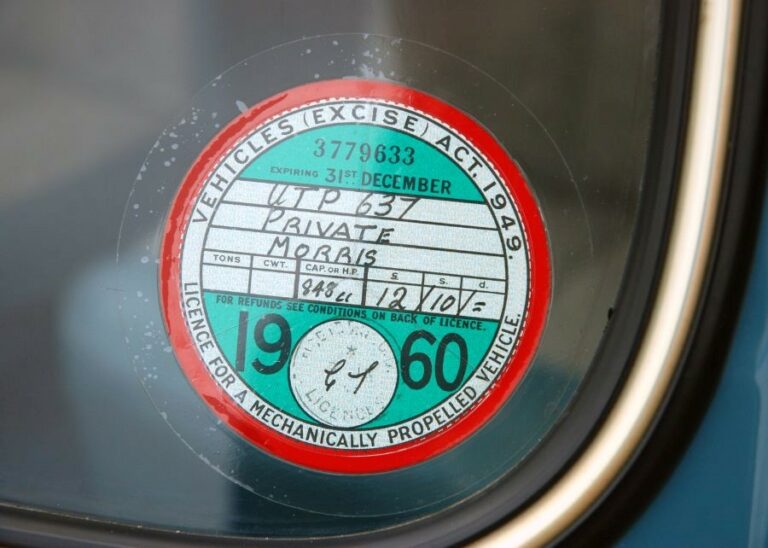Looking to buy a car on finance? Brace yourself as we’re about to compare the two most popular options: Hire Purchase (HP) and Personal Contract Purchase (PCP) on costs, restrictions and much more.
You won’t be the first to admit that you’re baffled by the thought of car finance and haven’t got a clue where to start with it. It’s no surprise that finance options have become the bee’s knees these days and it’s not hard to see why. In a nutshell, both of these finance options allow you to pay an upfront deposit, which is followed by instalments. The only difference with these is the end of contract options; you’re either tied into buying the car or you can decide whether or not your want to buy it at the end of your agreement.
What is HP?
This has to be one of the simplest forms of personal finance out there. So, it might have become less popular for drivers over the years, but it’s a great option if you’re looking to own your own car. The cost of the car is broken down into a deposit, followed by monthly instalments, plus interest. Once you’ve paid your final instalment, bam! The car is yours.
Be prepared to pay a hefty deposit, and not be too indecisive when it comes to deciding on the terms of the contract. How long do you want to be paying off your car? Generally, HP contracts tend to last 3-4 years so you might look at your monthly costs and think, wow! That’s bit much, but generally, your monthly costs tend to work out higher than other options that might be available, so you do end up paying off your car quicker, a bonus really.
The larger your deposit and the longer your contract, then the less you’ll tend to pay each month when paying it off. The only downside to this is that you’ll end up paying more interest over time, which means you could end up paying more for your car, but hey ho. You can only do what you can do.
What is PCP?
Low deposit, affordable monthly payments and added flexibility, what’s not to love? Think about it, you’ll be able to choose at the end of it whether you want to buy the car or give it back. Budget-friendly all-around and one of the easiest ways to get a car, you’ll be loving life.
If you look hard enough, you are bound to find a deal with a manufacturer and you might even find that it can often cost less than simply just paying the list price. From package deals to 0% APR and no deposits, budgeting your motoring bills has never been easier.
If you like the idea of having the freedom to decide what to do with the car at the end of the contract too, then this is the one. It’s completely up to you whether you decide to keep the car or exchange it for a new one, whatever floats your boat at the time. If you choose to take ownership, be prepared to pay a final payment and if not, just hand the keys back and walk away.
How do PCP and HP agreements compare?
Obviously, the short answer here is cost. All you need to do is look at the monthly payment options and figure out how much in total you’re going to pay for the car and whether you want to own it as well.
If you don’t want to commit to owning a car, then PCP is the one to go for. HP payments can be high compared to PCP, but they don’t change really. You know what you’re paying, how much and how long for. You can normally expect to pay around 10% of the car’s value for a deposit and the rest will be at an interest rate.
Your monthly PCP payments tend to be lower compared to HP, and just don’t forget about the final balloon payment if you do choose to keep the car. If we’re talking interest, then the rate you pay will depend on a range of different factors, like the car you’re paying for and your credit rating etc.
At the other end of the scale, you’ve got HP with no restrictions, but you want to buy a car. So long as you keep up with the payments, you should be sorted.
Are there any downsides to PCP and HP?
Of course, there’s going to be downsides to most things these days and it’s the same with finance like these as well. Agreements like these usually come with a set interest, that’s included in your monthly payments of course. Your HP agreement is generally spread over a longer period than PCP, which may mean more interest, so of course, this could be seen as a downside.
PCP comes with the option of being able to give it back to the dealer but be prepared for the dealer to set out a milage limit for you and to go over the condition of the car with you if you do decide to return it. If you exceed your mileage limit or return the car damaged, your bank balance probably won’t thank you for it. So, depending on how good you are at looking after things, you might want to think carefully about this one.
So, if you’re thinking of using either PCP or HP deals to purchase a new car why not let us help you sell the old car? it’s quick and easy to sell your car online today. Just enter your reg below to get started.



















